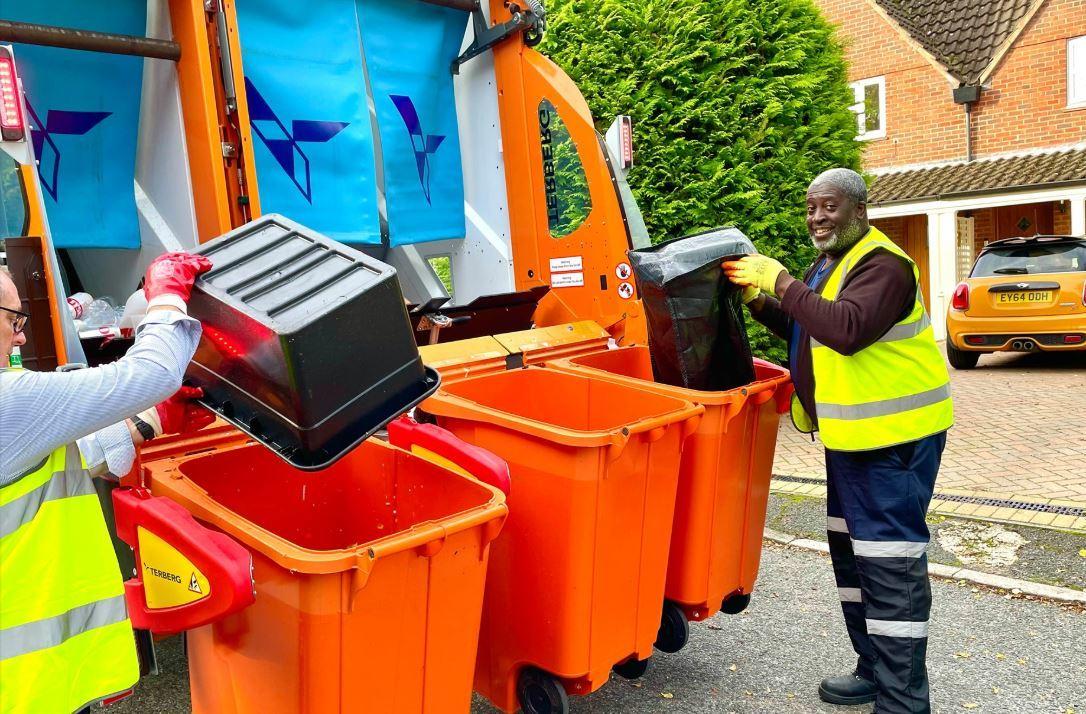When undertaking a project that involves soil waste disposal, it’s essential to have the right size and type of skip bins. Whether you’re working on a small landscaping job or a large construction project, selecting the appropriate skip bins can save you time, effort, and money. In this blog, we will guide you through the process of choosing the right size and type of soil waste skip bins for your project in Australia.
Understanding the Importance of Proper Waste Management
Before we dive into selecting skip bins, it’s crucial to understand the significance of proper waste management. Australia, like many other countries, is committed to sustainable waste practices and environmental responsibility. By managing soil waste effectively, you not only comply with regulations but also contribute to the preservation of our natural resources and reduce the impact on our ecosystem.
Evaluating Your Project Needs
The first step in choosing the right size and type of soil waste skip bins is to evaluate your project needs. Consider the following factors:
- Size of Your Project: Determine the scale of your project, whether it’s a small residential job or a large commercial development. This will help in estimating the amount of soil waste generated.
- Type of Soil Waste: Identify the soil waste you’ll dispose of. This could include clay, sand, gravel, contaminated soil, or different materials.
- Space Availability: Assess the available space on your project site for placing the skip bins. If you have limited space, you may need to consider smaller skip bin sizes or alternative placement options.
- Project Timeline: Determine the expected duration of your project. Longer projects may require larger skip bins to avoid frequent waste removal and emptying.
Choosing the Right Size of Soil Waste Skip Bins
Once you have assessed your project needs, it’s time to select the appropriate size of skip bins. Skip bins are available in various sizes, ranging from small mini skips to large industrial bins. Consider the following factors when choosing the size:
- Volume of Soil Waste: Estimate the volume of soil waste you’ll be generating. Remember that it’s better to choose skip bins that are slightly larger than your estimation to avoid overflowing and excessive transport costs.
- Bin Dimensions: Check the dimensions of the skip bins and ensure they can fit within your project site. Consider the height, width, and length of the bins to determine if they are suitable for your requirements.
- Weight Restrictions: Be aware of any weight restrictions imposed by the skip bin provider. Different skip sizes may have specific weight limits, and exceeding them may result in additional charges or difficulties during transportation.
- Accessibility: Assess the ease of loading the soil waste into the skip bins. If you have heavy machinery available or need to dispose of the waste manually, make sure the chosen skip bin size accommodates your needs.
Selecting the Appropriate Type of Soil Waste Skip Bins
Aside from size, selecting the right type of skip bins for waste is also crucial. Here are some common types:
- General Waste Skip Bins: Suitable for disposing of uncontaminated soil waste such as general garden soils or non-hazardous construction waste.
- Contaminated Waste Skip Bins: If your project involves disposing of contaminated or hazardous soil waste, it’s essential to choose skip bins specifically designed for such materials. These bins are equipped with additional safety features and comply with regulations for the disposal of hazardous waste.
- Recycling Skip Bins: If you aim to minimize environmental impact and promote sustainability, consider using skip bins dedicated to recycling soil waste. These bins are designed to separate recyclable materials from general waste, making it easier for them to be repurposed or processed for reuse.
Consulting with Waste Management Experts
If you’re uncertain about the size or type of soil waste skip bins required for your project, it’s advisable to consult with waste management experts. They have extensive knowledge and experience in waste management practices and can provide valuable insights and recommendations tailored to your specific project needs.
Complying with Local Waste Management Regulations
When choosing skip bins for your soil waste, it’s essential to comply with local waste management regulations in Australia. Different states and territories may have specific guidelines and restrictions concerning the disposal of soil waste. Familiarize yourself with these regulations to ensure your project remains compliant and environmentally responsible.
Conclusion
Choosing the right skip bins is essential for the successful and sustainable management of your project waste. By evaluating your project needs, understanding the different sizes and types available, and consulting with waste management experts, you can ensure efficient waste disposal while complying with local regulations. Take the time to make informed decisions to maximize the effectiveness of your project and minimize its impact on the environment.


